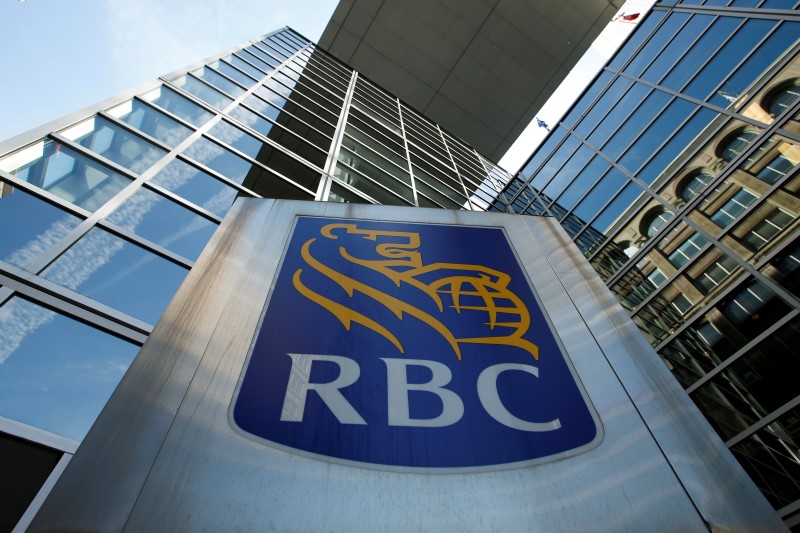By Nichola Saminather
TORONTO(Reuters) - Some Canadian banks have frozen new lending for smaller commercial property purchases, in some cases withdrawing letters of intent, as the coronavirus crisis raises concerns about owners’ ability to make payments, mortgage and real estate brokers said.
The tighter lending environment will likely result in a rise in distressed sales of commercial properties in coming months as buyers vanish, industry players said.
With most businesses shut due to public health measures aimed at curbing the pandemic, major banks are also declining to refinance property for owners who are trying to move from more expensive alternative lenders as their rental income dries up.
"If you’re a landlord, and looking to refinance, you can’t get that," said Roelof van Dijk, director of market analytics at CoStar Group (NASDAQ:CSGP). "So you’re probably going to have to sell. But they're also limiting new owners who might want to buy that space."
Some owners who are unable to sell their properties are refinancing with alternative lenders at higher rates, adding to pressure on the struggling small to medium business sector.
Mortgage Outlet broker Shawn Stillman said two clients who had letters of intent signed to refinance with Bank of Montreal were told the bank was no longer financing commercial rental properties. His clients, whose mortgages were up for renewal at private lenders, refinanced with another alternative lender, at three percentage points higher than BMO's rate, he said.
BMO did not respond to requests for comment.
Alternative lender Equitable Group has seen steady loan volumes versus an expected decline, driven by fewer new originations by the big banks, said Darren Lorimer, vice-president for commercial lending at the bank.
Equitable anticipates the migration of borrowers spurned by the big banks will lead to "better quality opportunities than we would have seen in the past," he said.
Canada’s largest bank, Royal Bank of Canada, and Canadian Imperial Bank of Commerce said they are both honoring offers made before the COVID-19 crisis.
Bank of Nova Scotia and National Bank of Canada (OTC:NTIOF) declined to comment. Toronto-Dominion Bank did not respond to requests for comment.
Where banks are still lending, many are asking for additional proof of ability to make payments, particularly those in hard-hit industries like retail, said Mark Cascagnette, managing partner at commercial real estate firm Lee & Associates Toronto.
Concerns about valuations of properties are also giving lenders pause, as appraisals typically use sales from 45 to 60 days ago, said Anthony Contento, chief executive of Sherwood Mortgage Brokers.
"For properties that were purchased two months ago ... what are they worth today during this crisis?" he said.
The federal government's commercial rent assistance program - forgivable loans to help landlords reduce rent owed by struggling tenants - could make it more difficult for applicants to get financing for commercial properties, CoStar's van Dijk said.
"To be eligible for (the rent relief) program you have to prove that your tenant has had a dramatic loss of business, and is really suffering," van Dijk said. "(But) then to go to the banks, and say 'don’t worry, the tenant is going to continue doing business when we get out of this' is a hard sell."
